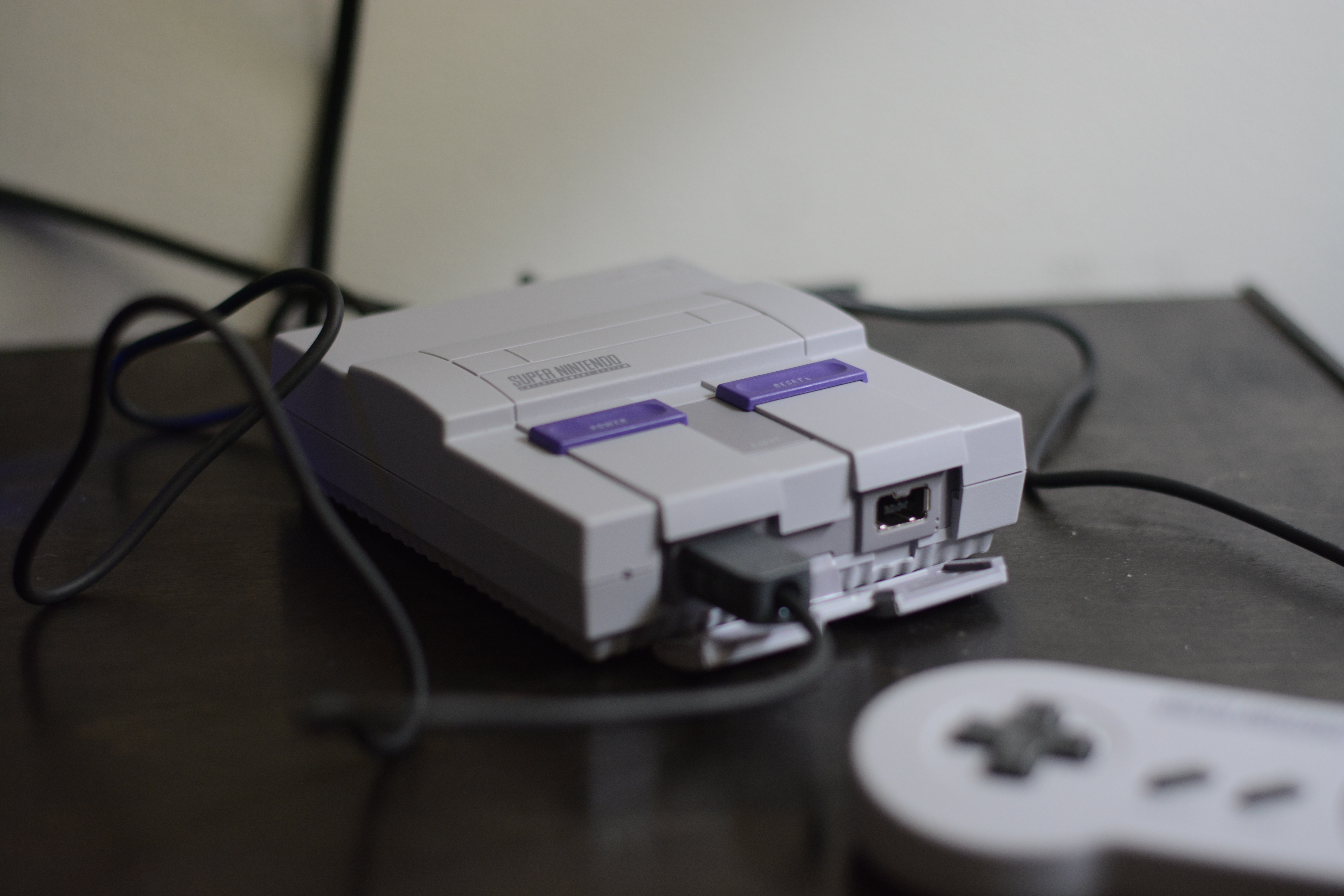
This is a Sponsored Post written by me on behalf of LeapFish Inc. All opinions are 100% mine.
By David Ponce
You might have heard over the last few months: the Internet is entering what many are referring to as “The Real-Time Web”. In other words, where static pages were all the rage in the 90’s, and blogs, social networks and interconnectivity became popular in the early part of the new millennium, we’re now entering a phase preoccupied with what’s happening now. As in right this minute. One salient example where this played a critical role was in the controversial Iranian presidential election, where Twitterers on the ground were able to get reports out live, without any help from the press.
Of course, like any emerging movements the early days can be a little confusing. Everyone is a content creator and at any given moment, hundreds of thousands of people are updating their Twitter accounts, their MySpace pages or Facebook profiles causing a cacophony. To filter through the noise, tap into what is effectively democratized journalism and allow an orderly Real Time Web to emerge, several companies are getting into “Real Time Search”. Recently Google joined the fray with the display of scrolling live results to a large number of searches. Watch the video we’ve embedded below for more on this. Another company is LeapFish who’ve launched a portal that includes a Live Search section with content from Digg, Twitter ([Update] Yeah… that’s it) and other social networks.
Again, watch their video at the end of the article if you’re interested.
So the question is, who will own this space? Google became king of search because they devised an algorithm that did a better job than other search engines at being relevant, and I suspect that whoever manages to organize and filter through the noise will take a lead. Google’s particular algorithm won’t work in this case, at least not with the same parameters simply because of the constantly changing nature of the data to be parsed. Clearly this is all a work in progress but it’s nice to see some healthy competition at this early stage.
[ LeapFish ]






discount Mbt shoes can be found at our web, Mbt sport black and Mbt Lami are good choices.
Real time can often cause false confusion. It's difficult to provide facts at such a rate. Plus once it gets on the interweb it spreads like wildfire. I predict an 8 second delay will come into effect.
That video from Leapfish is ridiculous….
LeapFish's “real time search” hoopla is nothing more than wishful dreaming by their founders. The “true” product LeapFish has to offer are their advertising model- 80+ telemarketer cold calling potential clients to do just that.
And then of course there is the infamous piece at TechCrunch:
http://www.techcrunch.com/2009/02/03/the-leapfi…
But going back to real time search. Google at least is trying other sources than Twitter. What about LeapFish???
No amount of paid reviews will help LeapFish in my opinion.
Information overload takes the next big step backwards. I don't need insta-tweet search capability. A few hours would do fine…
Things are definitely getting more interesting in the real-time web space now that Google has launched real-time search. I agree with Zotel's point that “a few hours is fine”. A lot of real-time search startups liked to bash Google for only focusing on relevance while they proceed to swing the pendulum entirely the other way and focus exclusively on recency. I think the right answer lies in properly blending relevance with recency to provide the best results for users.
That's what my startup YourVersion http://www.yourversion.com has been focused on for 2 years. We approach the user experience of connecting users with new, relevant content differently with a discovery-based approach (vs. search based). We allow each user to build their profile interests and then YourVersion continuously finds the latest, relevant news, blogs, tweets, webpages, etc. tailored to the user's interests. We also have a free iPhone app.
I invite you to check it out at http://www.yourversion.com and look forward to hearing your feedback on it.
Cheers,
Dan Olsen
CEO & Founder, YourVersion
I see this being a great thing for rumor mills. It will be very hard to tell if the information is true or not. This is like with news articles posting a story the second they hear anything, only to find out an hour later that the information wasn't correct.
Things are definitely getting more interesting in the real-time web space now that Google has launched real-time search. I agree with Zotel's point that “a few hours is fine”. A lot of real-time search startups liked to bash Google for only focusing on relevance while they proceed to swing the pendulum entirely the other way and focus exclusively on recency. I think the right answer lies in properly blending relevance with recency to provide the best results for users.
That's what my startup YourVersion http://www.yourversion.com has been focused on for 2 years. We approach the user experience of connecting users with new, relevant content differently with a discovery-based approach (vs. search based). We allow each user to build their profile interests and then YourVersion continuously finds the latest, relevant news, blogs, tweets, webpages, etc. tailored to the user's interests. We also have a free iPhone app.
I invite you to check it out at http://www.yourversion.com and look forward to hearing your feedback on it.
Cheers,
Dan Olsen
CEO & Founder, YourVersion
I see this being a great thing for rumor mills. It will be very hard to tell if the information is true or not. This is like with news articles posting a story the second they hear anything, only to find out an hour later that the information wasn't correct.